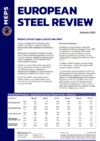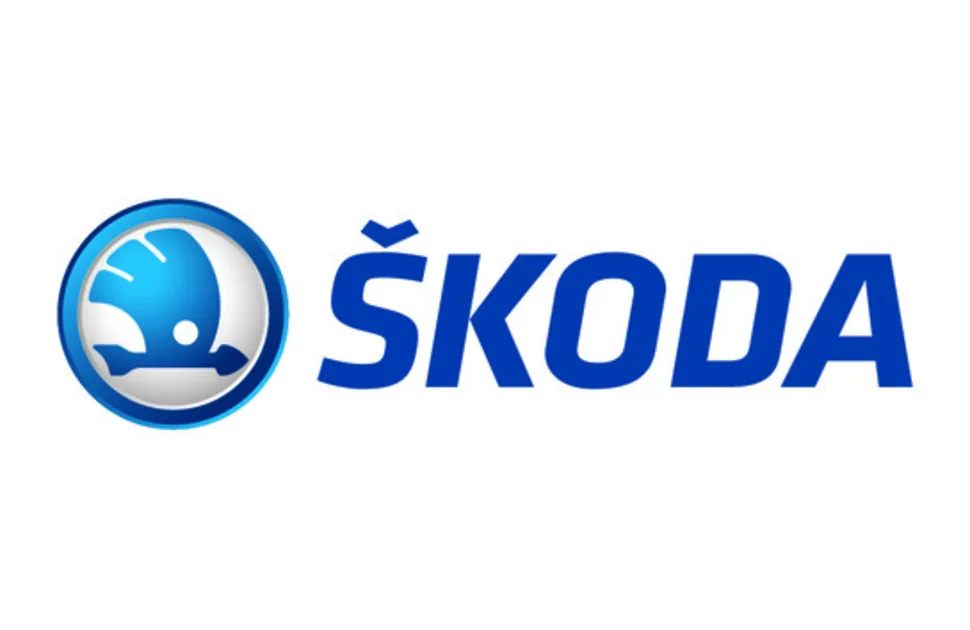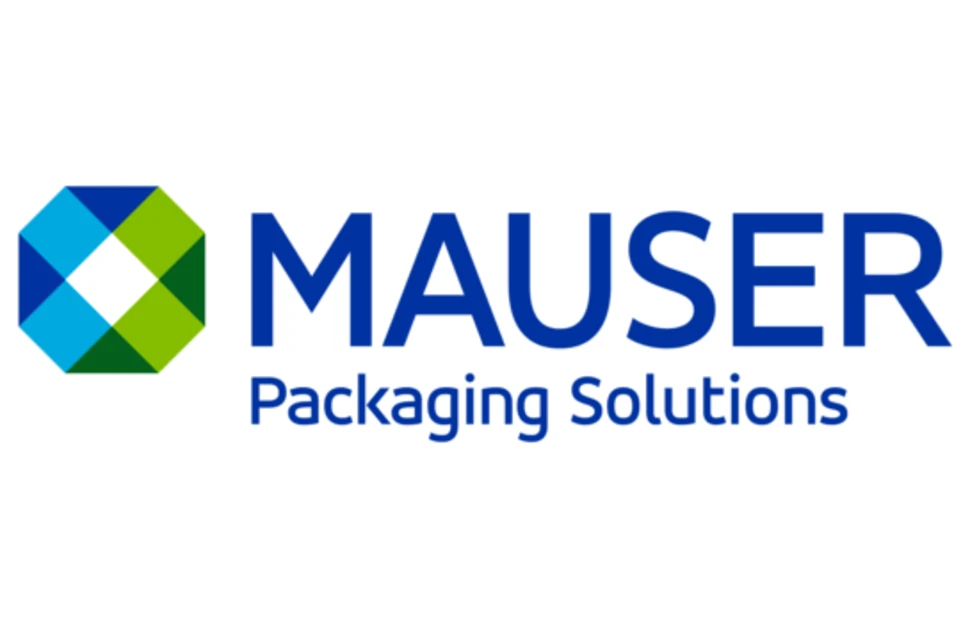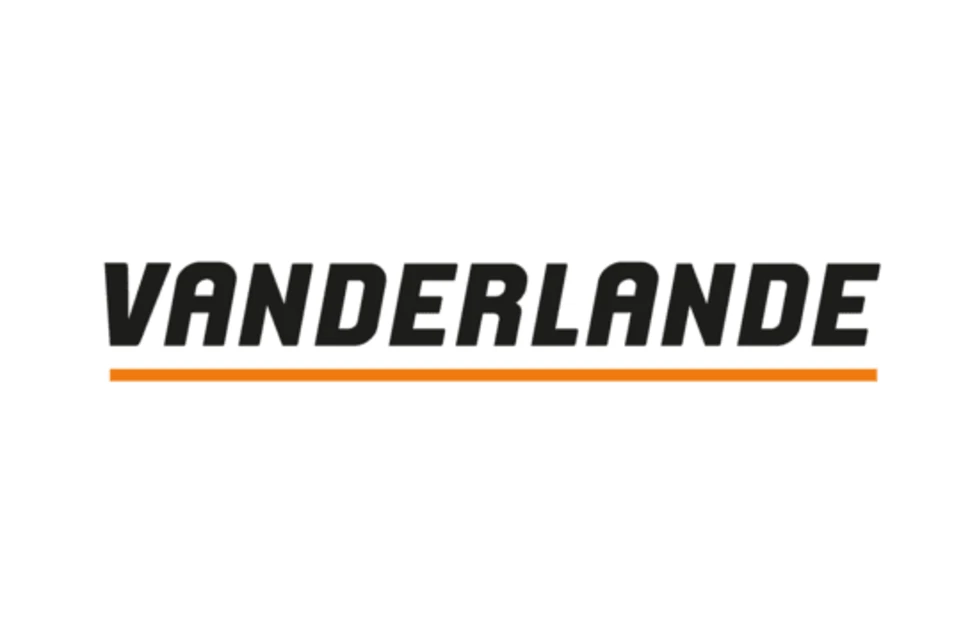Developing nations critical of ‘protectionist’ EU CBAM
Governments and industry bodies branded the EU CBAM as “protectionist” and “coercive” in their responses to the European Commission’s consultation on its implementation.
There were allegations that CBAM would undermine multilateral cooperation to address climate change and could trigger the dumping of steel with a high emissions footprint into less regulated markets, damaging their emissions-cutting efforts.
Many critics also suggested CBAM could conflict with the Paris Agreement and breach World Trade Organization (WTO) rules.
South Africa's Department of Trade, Industry and Competition and the Brazilian government’s Ministry of Foreign Affairs, meanwhile, questioned the impact of the emissions-based import tariff system on developing economies.
Mahendra Shunmoogam, South Africa’s director of international trade policy, said: “CBAM is more of a protectionist measure than a legitimate climate change response measure.
“We are of the view that the EU’s CBAM and the draft Implementation Regulations potentially violates the provisions of the World Trade Organization (WTO) on non-discrimination.”
Shunmoogam said CBAM was coercive in its imposition of climate mitigation policy onto other nations.
Emissions-cutting ‘burden’
He questioned the fairness of competition with stakeholders in more developed nations which have benefitted from subsidies and – in the case of the EU’s existing ETS – free carbon emission credits to help them evolve to meet CBAM’s demands.
“Unambiguously, the Paris Agreement recognises that developing countries should bear less of a burden in reducing emissions than developed nations, such as those found in the EU,” said Shunmoogam.
He added: “The EU’s CBAM policy design of using market principles to cut emissions will create a direct impact on South Africa’s disadvantaged communities – exacerbating inequality, poverty and unemployment.”
The Brazilian government’s Ministry of Foreign Affairs said the EU’s CBAM plans featured an “evident incompatibility with multilateral environmental treaties and the multilateral trading system”, adding: “Green protectionism threatens the viability of the multilateral trading system.”
The Ministry said that non-EU countries should be afforded a lengthier phasing-in of CBAM reflective of EU industry’s transition to the EU ETS.
This would avoid “unjustifiable discrimination” against industries in exporting countries, especially those in developing countries, it said.
The Turkish Steel Producers Association alleged that subjecting Turkey to the terms of CBAM would constitute a violation of the European Customs Union, meanwhile.
The Union agreement stipulated that no regulations should “impose restrictions that could result in unfair competition”, it said.
The Association added: “Regarding the possibility of exemption from the CBAM regulation; since free allowances will be phased out for the EU local producers between 2026 and 2035, it is considered that the Turkish steel industry will not have benefited sufficiently from free allowances.
“If a fair system is to be established for the fight against climate change, the Turkish steel industry, which plans to implement the Emission Trading System (ETS), should be given free allocations of up to 100%, as applied in the first phase of the EU ETS for the producers in the EU member countries.”
The European Commission’s draft Implementing Regulation document was published last month. It provided an opportunity to gain an initial oversight of the proposed CBAM reporting process.
MEPS International published a Q&A article designed to clarify detail of the timescale and reporting mechanisms proposed by the EU for the rollout of CBAM.
Implementation gets underway in quarter four of 2023, with an obligation to report the embedded carbon emissions of imported steel products from October 1.
Many respondents to the EU’s consultation suggested that a need for clarification or negotiation was still required to ensure the system did not unduly burden exporting businesses across the globe.
Avoiding ‘punitive’ requirements
South Korea’s Hyundai Steel Group encouraged the European Commission to ensure the reporting obligations imposed on exporting producers during the transitional CBAM phase did not contrast the “limited administrative burden” on the EU steel producers and the “extensive financial support given by the EU and its member states to the EU steel producers”.
The group also asserted that tariffs and fines should be aligned across markets. It said: “Reporting requirements should not be punitive for companies such as Hyundai Steel that are already subject to the Korean ETS compliance requirements and costs in the Republic of Korea and pay a significant carbon price.”
Brazil’s National Confederation of Industry called for the European Commission to expand on CBAM proposals related to: the comparability of embedded emissions; the calculation of CBAM-covered products and EU-like products; the comparability of administrative burden and compliance costs between CBAM-covered products and EU-like products; and the comparability of carbon costs incurred under CBAM and EU ETS.
It also said the implementing regulation should recognise the contribution that international standards, guidelines, and recommendations can make to the calculation of embedded emissions.
“The EU should accept as equivalent all relevant international standards for calculating embedded emissions”, it said.
The full feedback from the ‘EU Green Deal – reporting obligations during the transitional period of the carbon border adjustment mechanism’ consultation can be found on the European Commission’s website.

Source:
European Steel Review
The MEPS European Steel Review is an informative, concise and easy-to-use monthly publication, offering unique professional insight into European carbon steel prices.
Go to productRequest a free publication





